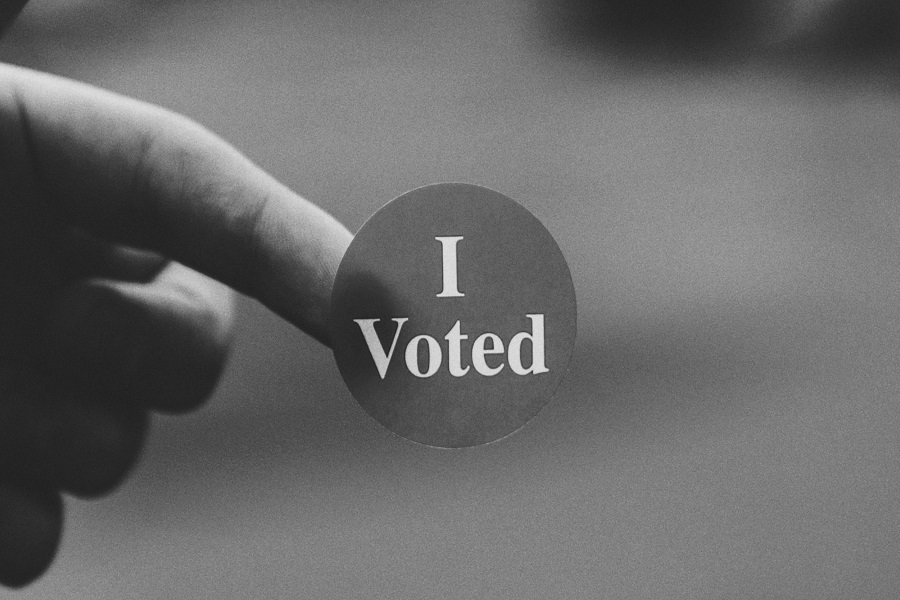Labour has emerged from this summer’s local elections with what appears to be a commanding lead, but this is the time in the electoral cycle when voters go to the polls in local elections to send a message to the government. Next year’s General Election is not a foregone conclusion.
We are at an inflexion point. Over the next year you can expect to see the gap in the polls between Conservative and Labour narrowing significantly. Do not be surprised to find that Rishi Sunak can – after all the chaos of the Covid years – provide Britain with the smack of competent government. Technocrats like Rishi do eventually reap the benefits of getting stuck into the detail; gradual improvements in living standards will take place. Public expectations are set so low that they may even be noticed. The Conservatives still have a mountain to climb; but if they can hold the NHS steady, stop the gangs running small boats across the channel, bring down inflation and grow the economy, all is not lost.
Attention now turns to what a Labour government might do, and this offers the Conservatives yet more hope. Sir Keir can no longer present himself as the high minded, dull, competent roundhead alternative to a cavalier Prime Minister. Against Rishi, he is on a quest for policies which look and sound different.
From the rail nationalisation to the imposition of VAT on school fees, from building on the green belt to creating a legal right to work from home, Sir Keir is marking out new policy territory. But while these policies are designed to appeal to voters who want better public services, housing, and more control over their working lives, they are not policies that I hear people yearning for in focus groups. These are the policies of Labour’s left wing.
Sir Keir has lately been trying to make a virtue of his working-class roots, in the hope that the social revolution begun by Thatcher and boosted by Blair to blur class boundaries has gone into reverse. Of course, he wants to shed his metropolitan elitist, north London image, in order to win back the Red Wall. But could you imagine Tony Blair and Peter Mandelson, the New Labour architects so at ease with millionaires and meritocracy who abolished Clause 4, embracing the language of class division?
Influenced by an Australian pollster, Labour has chosen an electoral strategy which taps into feelings of resentment against those for whom life is good, in much the same way that the Brexiteers tapped into that feeling during the EU referendum. The policy of VAT on school fees may be economically crass (it will not raise as much as hoped and it will force the state to pay for the education of even more children), but it is sauce for the chippy. Bringing capital gains tax into line with income tax would undo the very incentives for private investment that Gordon Brown championed, but no doubt Sir Keir has worked out that if it sounds like Labour are taking the rich down a peg or two, then it is a policy worth offering.
Labour is hoping to gain an electoral dividend by bashing rich foreigners too. The ending of non-dom tax rules that allow foreign citizens to pay income tax on only their British rather than their global income may result in a stampede of large wallets away from these shores, but it plays well to the envious. Stopping foreigners buying homes in the UK is not going to do much to increase the housing stock either. We do not yet have all the detail on what Labour’s so-called “fairer” tax system would look like, but we can already surmise that it will result in more capital flight and less inward investment.
On the spending side of the ledger, there are a host of new public enterprises planned – a British Business Bank, a National Wealth Fund, a Great British Energy company, and new public investment through a Green Prosperity Plan. A new Office of Value for Money will oversee these. Pity the financial genius given the job of signing off those accounts.
Sir Keir’s willingness to risk the wrath of the middle classes indicates that he has probably already written off the idea of breaking through in small town “middle England” seats in the midlands and south of the country. Sir Keir may soon discover that traditional Labour voters up north are not nearly as angry with the Tories nor as embittered as he might imagine, but they are certainly cynical about the ability of any politician to improve their lot. He will have to rely not on his programme for office, but on those fair-minded Brits who like the idea of giving the other side a go if he is going to win.
The British have not had a socialist government for over 40 years. But then we had not had a King for over 70 years. And now we have one. Who knows what we might get next year?







